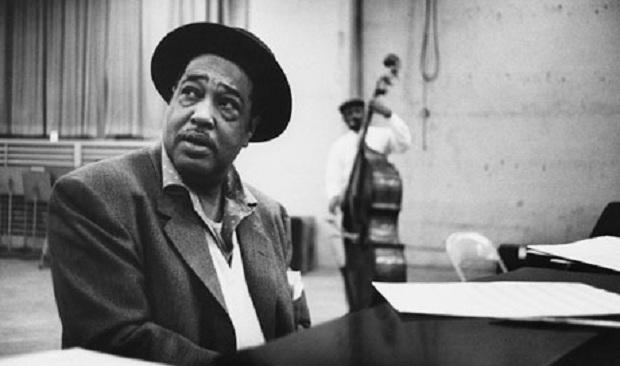Collins, River Vista, 2009
THANATOPSIS
To him who in the love of Nature
holds
Communion with her visible forms, she
speaks
A various language; for his gayer hours
She has a voice of gladness, and a smile
And eloquence of beauty, and she glides
Into his darker musings, with a mild
And healing sympathy, that steals away
Their sharpness, ere he is aware. When
thoughts
Of the last bitter hour come like a blight
Over thy spirit, and sad images
Of the stern agony, and shroud, and pall,
And breathless darkness, and the narrow
house,
Make thee to shudder, and grow sick at
heart;—
Go forth, under the open sky, and list
To Nature’s teachings, while from all around—
Earth and her waters, and the depths of air—
Comes a still voice—
Yet a few days, and thee
The all-beholding sun shall see no more
In all his course; nor yet in the cold
ground,
Where thy pale form was laid, with many
tears,
Nor in the embrace of ocean, shall exist
Thy image. Earth, that nourished thee, shall
claim
Thy growth, to be resolved to earth again,
And, lost each human trace, surrendering
up
Thine individual being, shalt thou go
To mix for ever with the elements,
To be a brother to the insensible rock
And to the sluggish clod, which the rude
swain
Turns with his share, and treads upon. The
oak
Shall send his roots abroad, and pierce thy
mould.
Yet not to thine eternal
resting-place
Shalt thou retire alone, nor couldst thou
wish
Couch more magnificent. Thou shalt lie
down
With patriarchs of the infant world—with
kings,
The powerful of the earth—the wise, the
good,
Fair forms, and hoary seers of ages past,
All in one mighty sepulchre. The
hills
Rock-ribbed and ancient as the sun,—the
vales
Stretching in pensive quietness between;
The venerable woods—rivers that move
In majesty, and the complaining brooks
That make the meadows green; and, poured round
all,
Old Ocean’s gray and melancholy waste,—
Are but the solemn decorations all
Of the great tomb of man. The golden sun,
The planets, all the infinite host of
heaven,
Are shining on the sad abodes of death,
Through the still lapse of ages. All that
tread
The globe are but a handful to the tribes
That slumber in its bosom.—Take the wings
Of morning, pierce the Barcan wilderness,
Or lose thyself in the continuous woods
Where rolls the Oregon, and hears no sound,
Save his own dashings—yet the dead are
there:
And millions in those solitudes, since
first
The flight of years began, have laid them
down
In their last sleep—the dead reign there alone.
So shalt thou rest, and what if thou
withdraw
In silence from the living, and no friend
Take note of thy departure? All that
breathe
Will share thy destiny. The gay will laugh
When thou art gone, the solemn brood of
care
Plod on, and each one as before will chase
His favorite phantom; yet all these shall
leave
Their mirth and their employments, and shall come
And make their bed with thee. As the long
train
Of ages glide away, the sons of men,
The youth in life’s green spring, and he who
goes
In the full strength of years, matron and
maid,
The speechless babe, and the gray-headed
man—
Shall one by one be gathered to thy side,
By those, who in their turn shall follow them.
So live, that when thy summons
comes to join
The innumerable caravan, which moves
To that mysterious realm, where each shall
take
His chamber in the silent halls of death,
Thou go not, like the quarry-slave at
night,
Scourged to his dungeon, but, sustained and
soothed
By an unfaltering trust, approach thy grave,
Like one who wraps the drapery of his
couch
About him, and lies down to pleasant dreams.
William Cullen Bryant


.jpg)











.jpg)